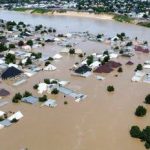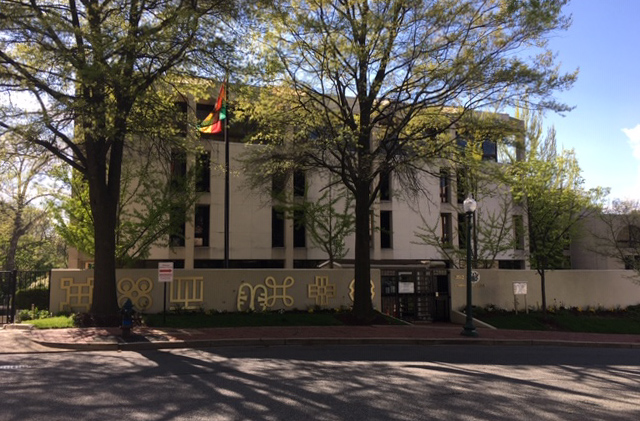
Meningitis Outbreak Kills 26 People in Kebbi, One in Sokoto

A meningitis outbreak has killed 26 people in Kebbi State and one in Sokoto State, according to health officials on Tuesday. The Kebbi State Commissioner for Health, Yunusa Ismail Birnin Yauri, said the deaths were recorded in four local government areas. Gwandu had 15 deaths, Jega had six, Aliero had four, and Argungu had one.
So far, 248 suspected cases have been reported. Eleven samples were sent to the National Reference Laboratory in Abuja for testing. Two came back negative, while the results of the others are still pending.
In Sokoto State, one person has died from meningitis in Sayyinna District, Tambuwal Local Government Area. A health official said their clinic received 16 patients with stroke-like symptoms linked to meningitis. Eight have been treated and discharged.
Sokoto’s Commissioner for Health, Dr Farouk Abubakar, said lab tests have confirmed meningitis in the state. He advised people to watch out for symptoms like fever, severe headaches, and neck stiffness and to seek medical help immediately.
Meningitis is an infection that causes swelling around the brain and spinal cord. Bacteria, viruses, parasites, or fungi can cause it. It spreads through coughs, sneezes, and close contact, making crowded places risky.
Nigeria is part of Africa’s “Meningitis Belt,” where outbreaks happen, especially in the dry season. The Nigeria Centre for Disease Control and Prevention (NCDC) recorded 4,915 suspected cases between 2023 and 2024, with 361 deaths in 24 states.
Health experts say climate change, poor hygiene, and low vaccination rates worsen the problem. The NCDC has advised Nigerians to avoid overcrowding, keep rooms well-ventilated, and practise good hygiene. People with symptoms should see a doctor as soon as possible.
Although Nigeria was the first country to introduce the Men5CV vaccine, which protects against multiple strains of meningitis, outbreaks still happen. Many believe mass vaccination and more substantial health services are needed to stop future outbreaks.
The situation also shows the deeper problem of poor healthcare infrastructure in Nigeria. Many hospitals lack essential equipment, medicines are often in short supply, and there are not enough health workers to handle emergencies like this.
Read More:
- Niger: General Tchiani Receives National Conference Final Report in Niamey
- Iyabo Ojo Unveils Trailer For Epic Film Labake Olododo, Premiering In March
About The Author
Related Articles
Cotê D’Ivoire: Thousands Rally in Abidjan as Opposition Demands Electoral Reforms Ahead of October Election
Thousands of opposition supporters gathered in Abidjan on Saturday, May 31, to...
ByJoy ChukwuJune 1, 2025Togo Stops Issuing Mining Permits to Reform Outdated Mining Code
Togo has suspended the issuance of new mining permits for prospecting and...
ByJoy ChukwuJune 1, 2025ICYMI: Ghana Shuts Down Washington Embassy Over Visa Fraud Scandal
Ghana has temporarily closed its embassy in Washington, D.C., following the uncovering...
ByJoy ChukwuMay 31, 2025Confederation of Sahel States Moves to Establish Joint Judicial Body
The Confederation of Sahel States (CSS), comprising Mali, Niger, and Burkina Faso,...
ByJoy ChukwuMay 31, 2025












Leave a comment